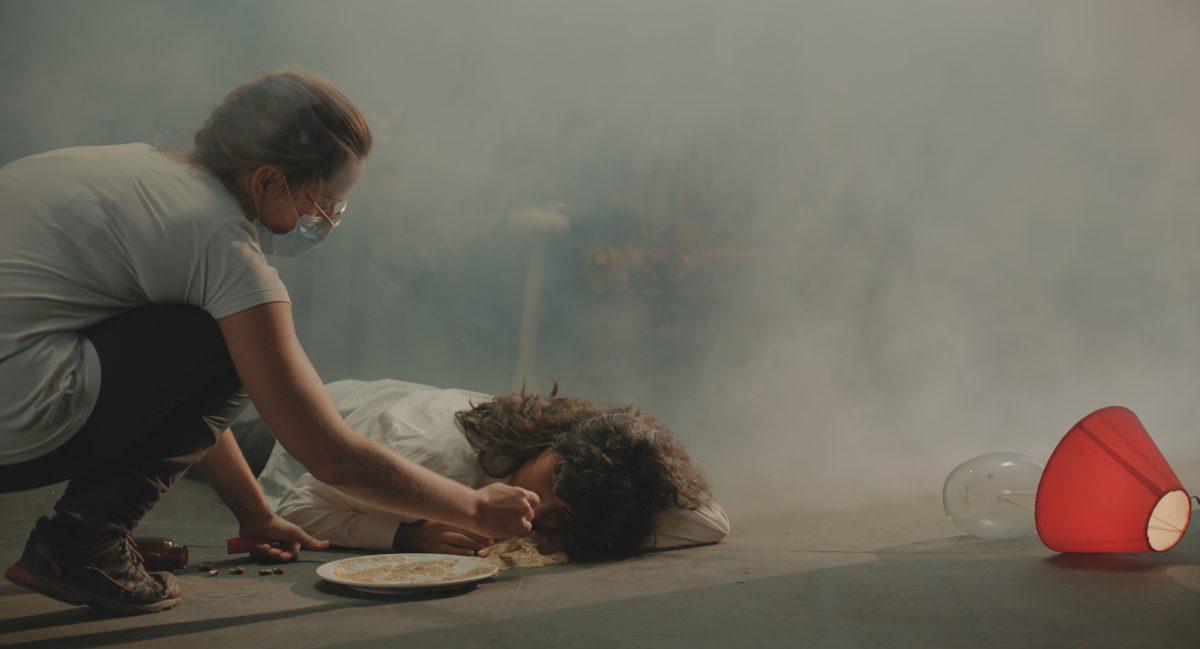
Director Victoria Linares Villegas uncovers her outcast cousin’s past, exploring sexual identity and exposing political oppression along the way.
Director Victoria Linares Villegas, winner of this year’s True/False Film Fest True Vision Award, pushes the boundaries of unconventional and eerie personal storytelling with “It Runs In the Family.”
Lying on her couch in pajamas, Villegas’ world does a 180. She receives a WhatsApp message from her aunt with a link to a video of a relative she had no clue about. Family disputes have hidden her cousin Oscar Torres’ legacy, work and life.
In only three weeks, Villegas films the eye-opening journey of uncovering her cousin’s buried past. It seems as if Torres is reincarnated in her as he too was a filmmaker and a part of the LQBTQ+ community.
Villegas emphasizes the struggle of sexual identity in her home country of the Dominican Republic with scenes merging her headshots with Torres. She even narrates imaginary letters she wishes he could hear. Multiple soundbites start with “Dear Oscar.”
“If I was suffering, no one would know and that’s because many queer people in the Caribbean and Latin America sort of go through life without really saying a word,” Villegas said in the Q and A following the film.
Part of breaking her silence meant including her own family in this intimate film — an act showcasing Villegas’ courage.
In a beautifully crafted and artfully disjointed manner, Villegas has her parents, instead of actors, perform scenes of Torres’ unwritten scripts. A point is made to represent the unspoken political oppression that occurred during Torres’ time. There was no better way to showcase the totalitarian regime in the Dominican Republic in the 1940’s than to include her parents who lived in this era.
“We were always meant to believe that the US or Europe was the shit and that us in [the Dominican Republic] would always have to look towards those countries and completely forget about our own,” Villegas said.
It is important to note this film is not an autobiography, instead it is an ambitious journey of uncovering generational trauma. It is a reminder of lingering remnants of western colonialism in the Caribbean and is uncensoring the censored.
If there is a film in which you intimately connect with the director without directly talking to them, it’s this one. Much of Torre’s story and legacy is yet to be uncovered and accepted. Can Villegas redeem the memories of the “black sheep” of the family?
“Cuando se mueren, pues, se pudren y se botan o lo queman,” Villegas said to me, meaning, “When they die, well, they rot and they are thrown away or they are burned.”
Edited by Scout Hudson | [email protected] edited by Lauren Courtney